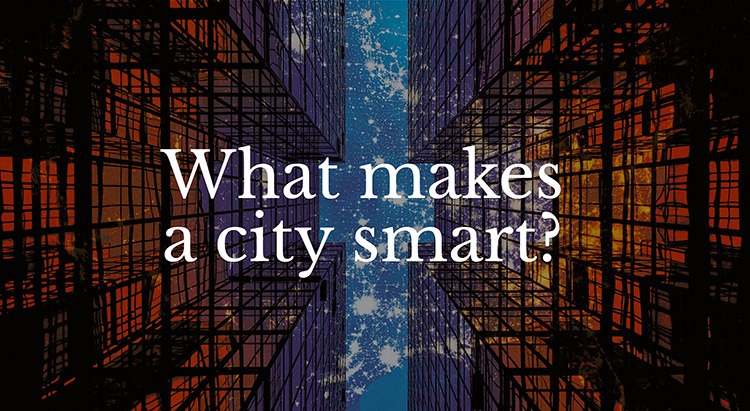
What makes a city smart?
The perspective that technologically driven cities are only a matter of adopting the latest technology is a highly misguided concept. Technology needs to be deployed in conjunction with external factors, non-technical change, and expertise. This would further mean that data scientists need to go above and beyond the arena of databases and analytics in order to gain knowledge that’s contextual and possible to use.
“You come in with your fancy machine-learning algorithm in your pocket,” says Amen Ra Mashariki, former chief analytics officer at the Mayor’s Office of Data Analytics in New York City, “but what’s always going to be your ace in the hole is the knowledge of the people who actually do the real work.”
Creating novel practices to manage data banks, training staff, and providing them with appropriate skills in order to maximize potential is what cities such as New York, Seattle, and Boston are battling with. Finding an optimal machine learning algorithm is just scratching the surface. The key barrier to data science is good questions,” observes Joy Bonaguro, former chief data officer of the City of San Francisco. Improving urban policies and operations with data isn’t about developing a fancy algorithm but the thoughtful implementation of that algorithm to serve the precise needs and motives of the municipal staff. Bonaguro, therefore, looks for much more than technical expertise while building her team. “When we hire data scientists,” she explains, “I really want someone who does not want to just be a machine learning jockey. We need someone who is comfortable and happy to use a range of techniques. A lot of our problems aren’t machine learning problems.”
Kim Lucas, MONUM’s Civic Research Director is coming out with a new book and these principles are the core message of her forthcoming book, The Smart Enough City. Cities are not technology problems, and technology cannot solve many of today’s most pressing urban challenges. Cities don’t need fancy new technology—they need us to ask the right questions, understand the issues that residents face, and think creatively about how to address those problems. Sometimes technology can aid these efforts, but technology cannot provide solutions on its own.
We need to move away from the perspective that every problem a city or we face can be solved with technology. Otherwise, we will end up building cities that are superficially smart but are filled with inequity and injustice. We need to take a keen look into what sustains a city, thereby building one for the future taking into consideration the one constant factor; change. The most useful and chief innovations occur on the ground under our feet and not in the cloud above us. Decisions made now will have to have far-reaching implications for what’s possible in the future.




